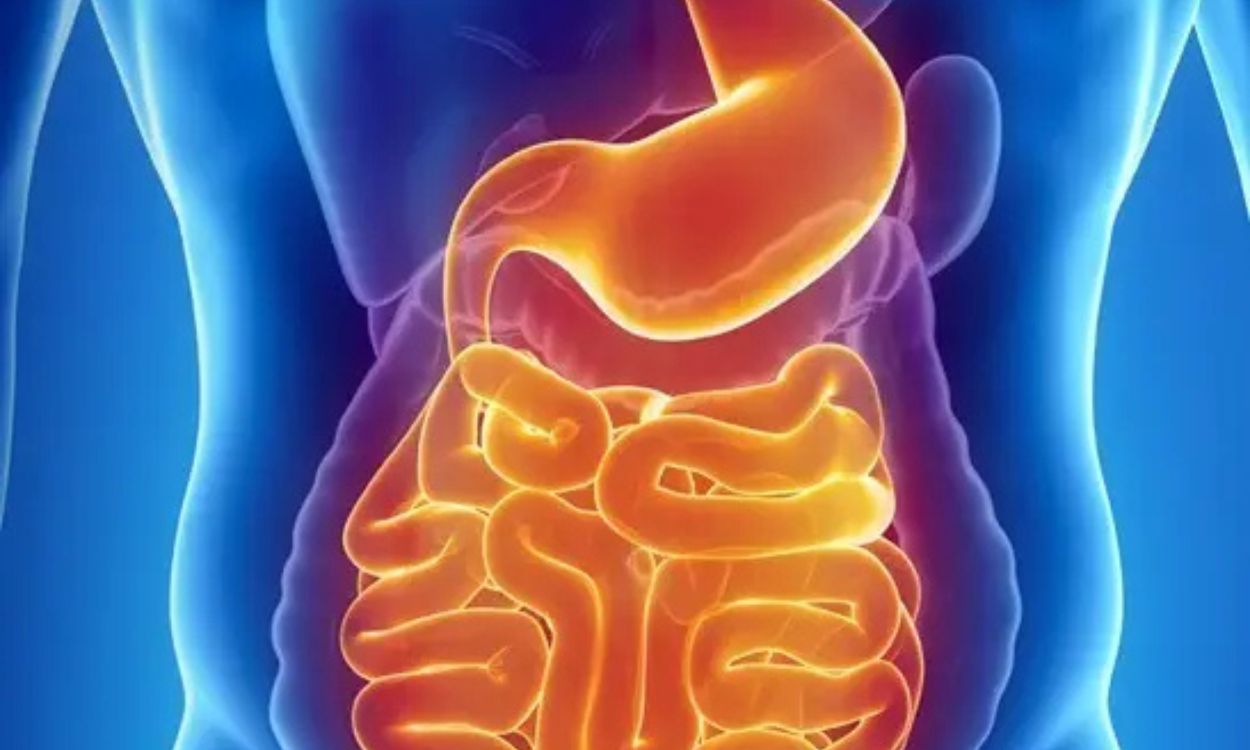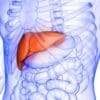Unraveling the Connection: Is Fatty Liver Linked to Digestive Disorders?
Introduction
In recent years, fatty liver disease has emerged as a significant health concern, affecting millions across the globe, including a substantial number in India. This condition is known to have a complex relationship with various metabolic and digestive issues. The question many ask is: “Is fatty liver directly associated with digestive disorders? Let’s delve deep into this intriguing topic.
Understanding Fatty Liver Disease
Fatty liver disease, or hepatic steatosis, occurs when excess fat builds up in the liver. It is primarily classified into two types:
1. Alcoholic Fatty Liver Disease (AFLD): Due to excessive alcohol intake.
2. Non-Alcoholic Fatty Liver Disease (NAFLD): Occurs in individuals who drink little or no alcohol.
NAFLD is of particular interest because its incidence is rising alarmingly in India due to increasing obesity rates, sedentary lifestyles, and poor dietary habits.
The Link Between Fatty Liver and Digestive Disorders
While fatty liver itself is a significant concern, its association with digestive disorders is a topic of ongoing research. Here’s how the two may be connected:
1. Inflammation and Gut Health:
– Fatty liver can lead to chronic inflammation, which affects the gut’s health. This inflammation may disrupt the gut microbiome, leading to digestive issues such as bloating, constipation, or diarrhea.
2. Insulin Resistance and Digestion:
– Many individuals with fatty liver also experience insulin resistance, which can slow down digestion and lead to conditions like gastroparesis. This can cause symptoms such as nausea, vomiting, and a feeling of fullness after small meals.
3. Bile Production and Digestive Efficiency:
– The liver produces bile, essential for digesting fats. A fatty liver may impair bile production or flow, affecting digestion and absorption of nutrients, leading to malabsorption syndromes.
Fatty Liver: A Harbinger of Other Health Issues
The presence of a fatty liver is not just a standalone problem but often a predictor of more severe health issues, including cardiovascular diseases and Type 2 diabetes, both of which have their own set of digestive implications.
How to Address Fatty Liver and Related Digestive Issues
1. Dietary Modifications:
– Embrace a balanced diet rich in fiber, lean proteins, and healthy fats. Incorporate plenty of fruits, vegetables, and whole grains while minimizing processed and high-sugar foods.
2. Regular Exercise:
– Engage in regular physical activity to maintain a healthy weight, improve insulin sensitivity, and promote liver health.
3. Regular Monitoring:
– Regular health check-ups, including liver function tests, can help in early detection and management of fatty liver and associated conditions.
Fitpaa: Your Partner in Health Transformation
While understanding and managing fatty liver and its digestive impacts can be daunting, Fitpaa is here to simplify the journey for you. As an innovative platform leveraging AI-driven metabolism monitoring and management, Fitpaa offers personalized solutions to optimize your metabolic health and prevent lifestyle diseases.
Why Choose Fitpaa?
– Personalized Approach: Our Metabolism Assessment identifies your unique health needs, paving the way for a tailored Fitpaa Capsule that encompasses diet, exercise, and therapy.
– Guaranteed Results: With a comprehensive plan designed by experts, Fitpaa promises results that enhance your quality of life.
– Convenient and Accessible: The Fitpaa app provides real-time guidance and motivation, ensuring you stay on track with your health goals.
The link between fatty liver and digestive disorders underscores the interconnectedness of our body’s systems. By addressing liver health holistically, we can improve digestive function and overall well-being. Take the first step towards a healthier life by exploring Fitpaa’s offerings today. Download the Fitpaa app and be a part of a health revolution that promises to transform lives across India.
This structure not only answers the core question but also effectively promotes the Fitpaa app by highlighting its benefits and relevance to the topic at hand.









